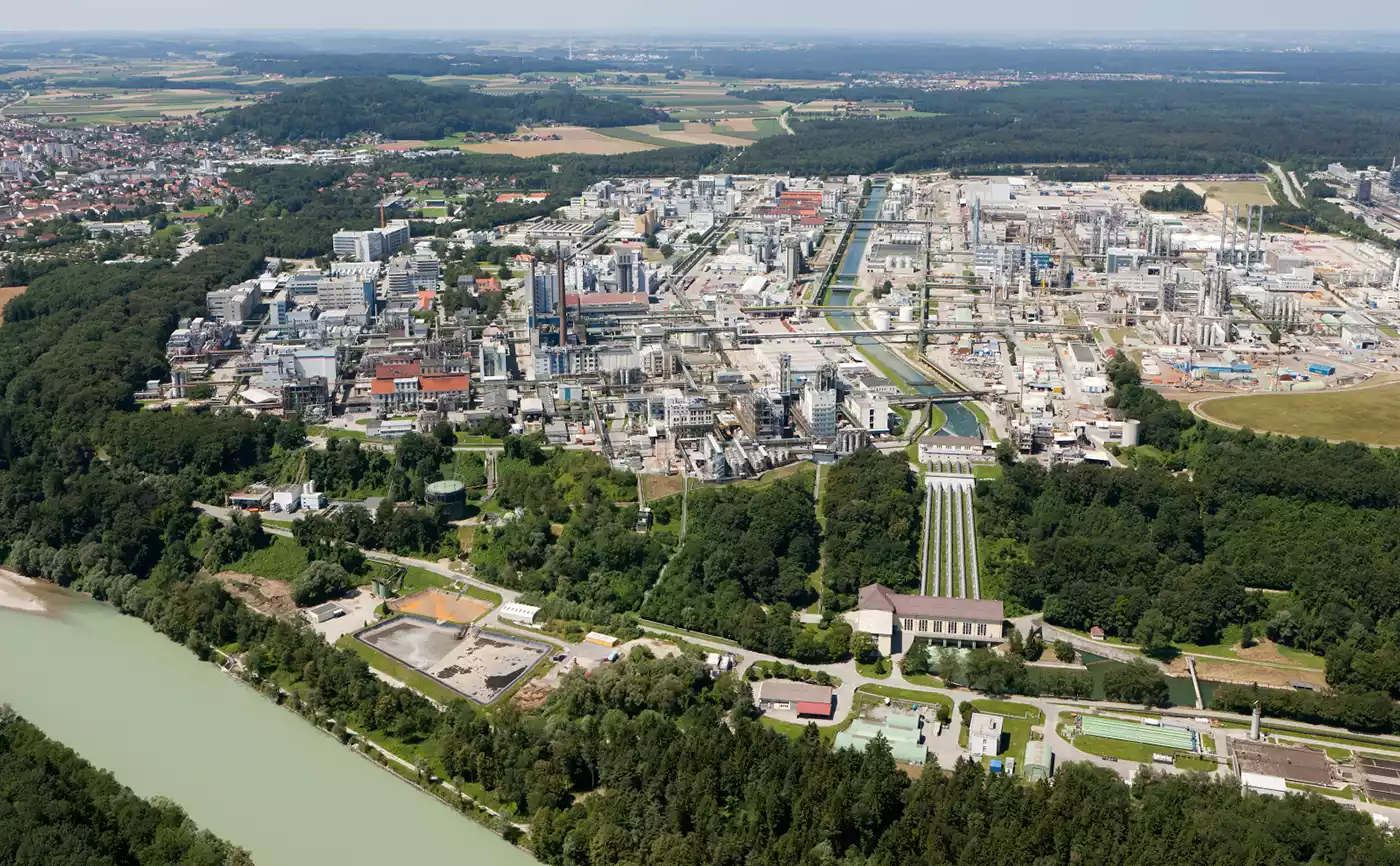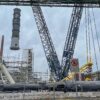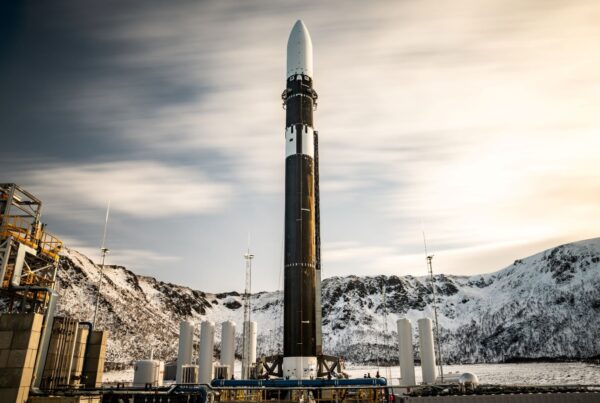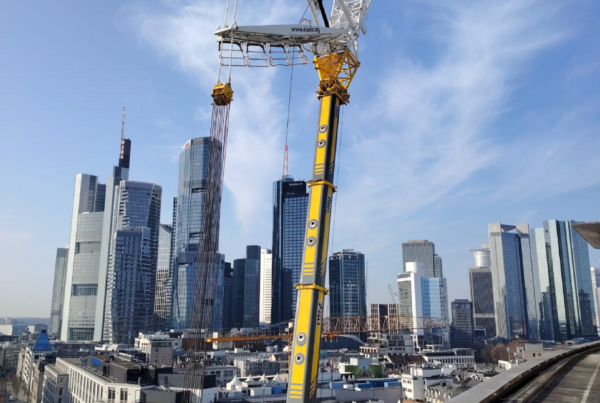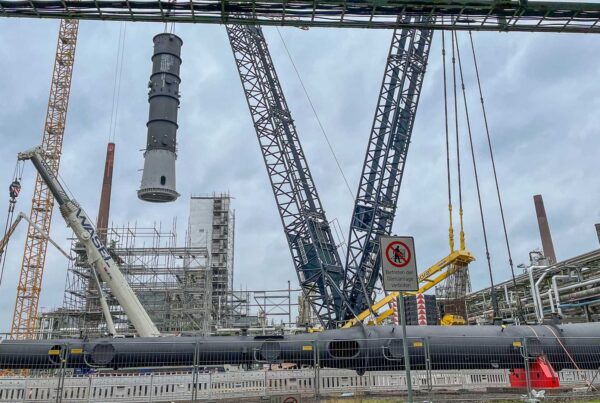Government to fund research until 2027 with around 39 million euros.
Kraftanlagen Energies & Services supports the climate-neutral transformation with engineering as well as know-how in components, control technology and guidelines.
The research project “Verbundvorhaben H2-Reallabor Burghausen” stands for the transformation of the largest Bavarian chemical site, ChemDelta Bavaria, into the hydrogen economy. The project, in which Kraftanlagen Energies & Services is involved, is funded by the German Federal Ministry of Education and Research (BMBF) with around 39 million euros until 2027 and starts this April.
Focus on securing jobs and locations
ChemDelta Bavaria is the largest chemical region in Bavaria with 19 globally active companies, 20,000 employees, more than ten billion in annual sales and more than four billion euros in investments in recent years. The chemical region in the south-east of the Free State is already the largest user of hydrogen in Bavaria. The local companies want to meet the challenge of a climate-neutral transformation by using green hydrogen as an energy carrier and potential basis for additional and new starting materials for the chemical industry. The preservation of a good 50,000 jobs in the region – in addition to those employed in industry, another 30,000 people are indirectly dependent on the local chemical industry – is the focus of those responsible.
The operating company is “Reallabor Burghausen ChemDelta Bavaria GmbH”, under the auspices of the town of Burghausen, the district of Altötting and other shareholders from industry and logistics – Wacker Chemie AG, Linde GmbH, Westlake Vinnolit GmbH & Co. KG, OMV Deutschland GmbH and DB Cargo BTT GmbH.
Market readiness for new technologies
The aim of the Reallabor is to develop new technologies and bring them to market maturity in order to use hydrogen (H2) as an energy carrier in the chemical industry, but also on a broad basis in logistics and the wider economy, and to save carbon dioxide (CO2). This research project was developed under the leadership of the Technical University of Munich and the Rosenheim Technical University of Applied Sciences with a total of 36 project partners.
Expertise of Kraftanlagen
As a partner in the network of companies and university and research institutions, Kraftanlagen contributes its expertise in engineering, among other things.
“Hydrogen and biomethanol are important building blocks of the industry of the future. Therefore, it was a matter of course for us to become a partner of the Reallabor and to support it with our decades of practical industrial know-how. But we also see the lab as a great opportunity to further develop ourselves in order to be able to make an even greater contribution on the way to a climate-neutral process industry,” says Dr. Mickael Planasch, Head of Engineering at Kraftanlagen (ECM).
Joachim Gessner, Managing Director of Kraftanlagen Energies & Services, says: “The H2 Reallabor Burghausen is of central importance for the state of Bavaria, but also as a beacon project for the chemical industry throughout Germany. It lays the foundations for a successful market ramp-up of the hydrogen economy. As a partner in this transformation, we are happy to contribute our expertise in translating the research results to an industrial scale.” Together with Daniel Dicker, Head of Business Development & Sales, he was present at the official handover of the funding notification at the TUM Academy Centre Raitenhaslach in Burghausen.
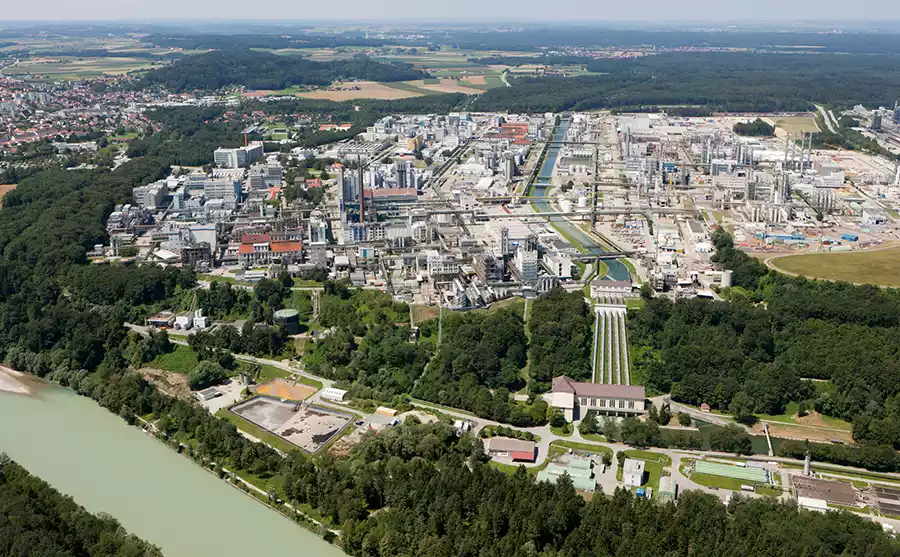
The largest chemical site in the Bavarian chemical triangle, the ChemDelta Bavaria, is the Burghausen plant of Wacker Chemie AG, which employs over 8,000 people. (Photo: Wacker Chemie AG)
